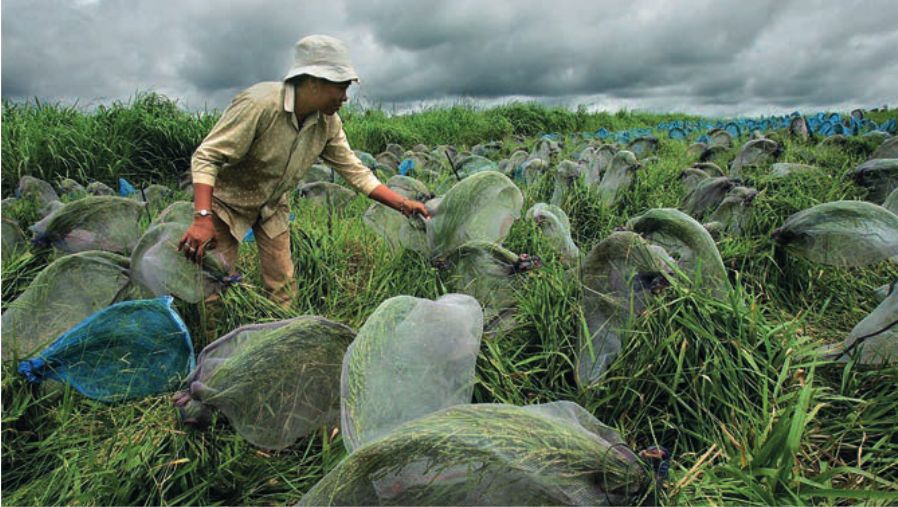Agroecology in tropical and Mediterranean areas
As the planet’s resources are already straining to feed nine billion human beings, nature is increasingly overexploited, ecosystems are degrading. At the same time, inequalities are growing and poverty is on the rise. persists in many places around the world, especially in the Global South.
To meet the food and economic needs of growing rural and urban communities in these regions, increasingly demanding consumers, preserving natural resources and adapting to climate change, it is becoming urgent to produce differently.

There is no single solution, but diverse agroecological practices adapted to local contexts.
A new agroecological agriculture in the tropics and the Mediterranean is first and foremost an efficient agriculture in terms of production, and in terms of income for the farmer who often works in precarious conditions. cairos.
It’s also and above all an agriculture that makes others “ ecosystem services », such as carbon storage, preservation of biodiversity; and landscapes, the regulation of water flows, the restoration of their quality, the maintenance of fertility; soils in particularly fragile tropical environments.
For this, agricultural production must be based on new technical solutions that enhance and respect biodiversity, make efficient use of available natural resources and ecological processes at the same time. work in cultivated systems by freeing itself from synthetic inputs that are too dangerous for humans and their environment. Agroecological systems are built locally, with producers, according to their objectives and their conditions.
Agroecological transition is not just about the production sector.
- To meet consumer expectations for healthy and diverse food products, existing supply chains and markets must integrate products from agroecology. Upstream, new economic actors, providers of services or goods compatible with agroecological production are emerging. A new economic network is being established.
- All stakeholders in the territory are concerned by a transition towards an agriculture that is more respectful of available natural resources, less risky for their health. and provider of more balanced ecosystem services. Public policies have a major role to play. play in these transitions by arbitrating the debates and the conditions of these changes. .
For the partners of Boost-AE, it’s to bring all the players concerned to reconsider the link that unites us with nature and the food products we consume, to value the multiple skills of farmers, their capacity for innovation, and to help build a new agriculture, from producer to consumer.
